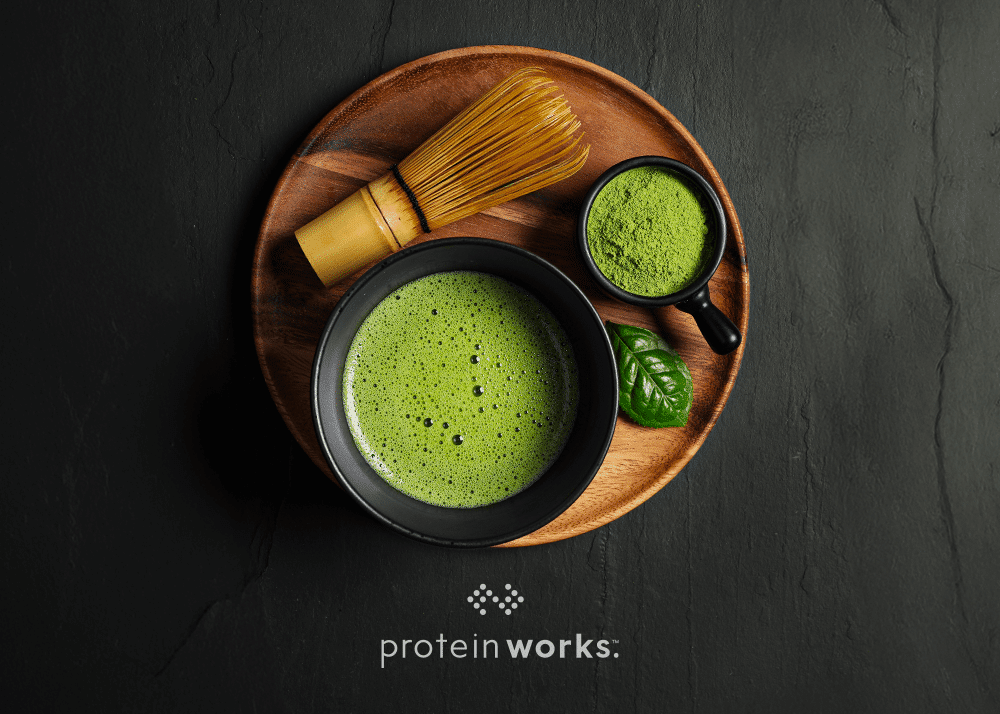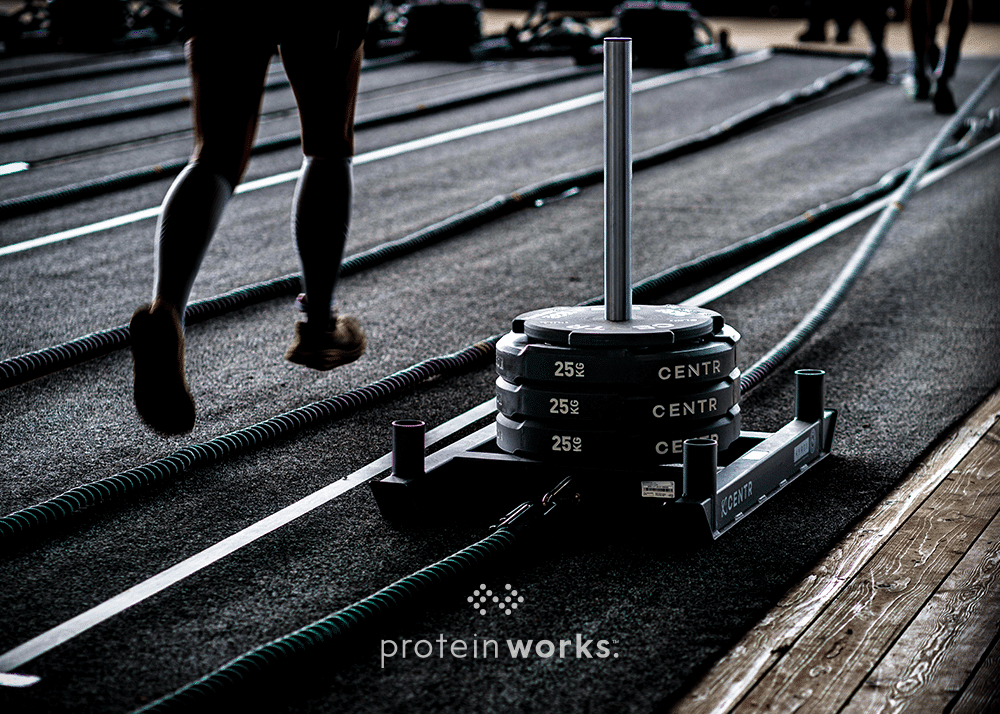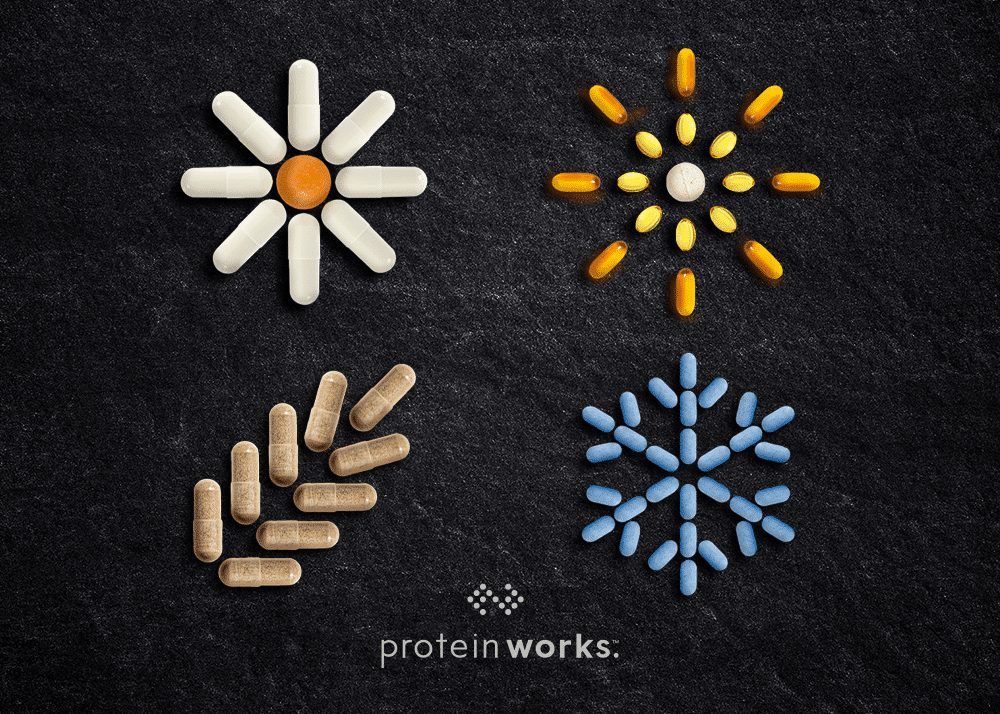
What Are Trans Fats And Why Are They Bad For You?
When talking about our diet and food intake fat is often seen as the bad guy, but it is important to remember that fat is an essential part of our diet and is vital for the body to function properly. Fats are simply organic compounds that are made up of carbon, hydrogen and oxygen atoms. They are also known as lipids. The three main types of fats are saturated fats, unsaturated fats and, the black sheep of the three, transaturated (trans) fat.
What is a trans fat ?
Trans fats are artificially created fats that are produced from polyunsaturated fats through a process called hydrogenation (the addition of hydrogen atoms) This turns a liquid polyunsaturated fat into a solid saturated fat.
What are trans fats used for?
Trans fat or processed fats were first made as a result of the food industry wanting to find a way of converting liquid oils into solid fats which are more useable in food production. They are inexpensive to produce and last a lot longer than other fats. Trans fats can also give food a desirable taste and texture.
Many fast food restaurants use trans fats to fry foods because they can be used over and over again in commercial fryers and can withstand repeated heating without breaking down.
What foods contain trans fats?
Trans fats are often found in the following foods:
- Chips, French fries and most deep fried food – If in doubt you can always ask in restaurants and take always what oil they have used to fry your food.
- Pies and pie crusts – Baked products are notorious for containing trans fat and most will contain between 2 and 4 grams of trans fat per serving. Check the food labels and avoid anything that says trans fat, hydrogenated oils or partially hydrogenated oils.
- Margarines and spreads – Not too long ago margarines and spreads were thought of as a healthy alternative to butter however, to maintain their shape and consistency, many are very high in trans fats
- Cake and muffin mixes – Even if you find a mix that says ‘trans fat free’ if the ingredient list shows ‘shortening’ in the details then it will contain traces of trans fats.
- Burgers and hotdogs – Most burgers and hotdogs from fast food chains contain high levels of trans fat. This is also the case for supermarket bought frozen burgers and sausages.
- Biscuits – Anything that can sit on a shelf or in a packet for a considerable time needs to be stabilized which means using hydrogenated oils. Some biscuits can contain as much as 2 grams of trans fat per serving.
- Frozen ready meals – Trans fat is added to these meals to make them last longer and also to make them taste nicer in the mouth.
What is being done about trans fats ?
It has become apparent that trans fats are more unhealthy than saturated fats and some manufacturers are now proactively avoiding using trans fats in their products.
Some supermarkets have removed trans fats from all their ready meals and several large chain restaurants have made attempts to seriously reduce levels of trans fat in heir products.
What do trans fats do to us ?
Trans fats raise the levels of bad cholesterol (LDL or low density lipoprotein) in the body. This causes a build up in the walls of your arteries which makes them hard and narrow. Trans fat can also lower the good cholesterol levels (HDL or high density lipoprotein).
Eating trans fats increases your risk of developing heart disease and strokes and is also associated with a higher risk of developing type 2 diabetes. Trans fat may also increase inflammation which is the body’s response to injury.
Inflammation plays a key role in the formation of fatty blockages in heart blood vessels. Trans fat has been shown to damage the cells lining blood vessels which leads to inflammation. So in future check food labels for trans fats then do your heart a favour and avoid them !!!!






No Comments yet!